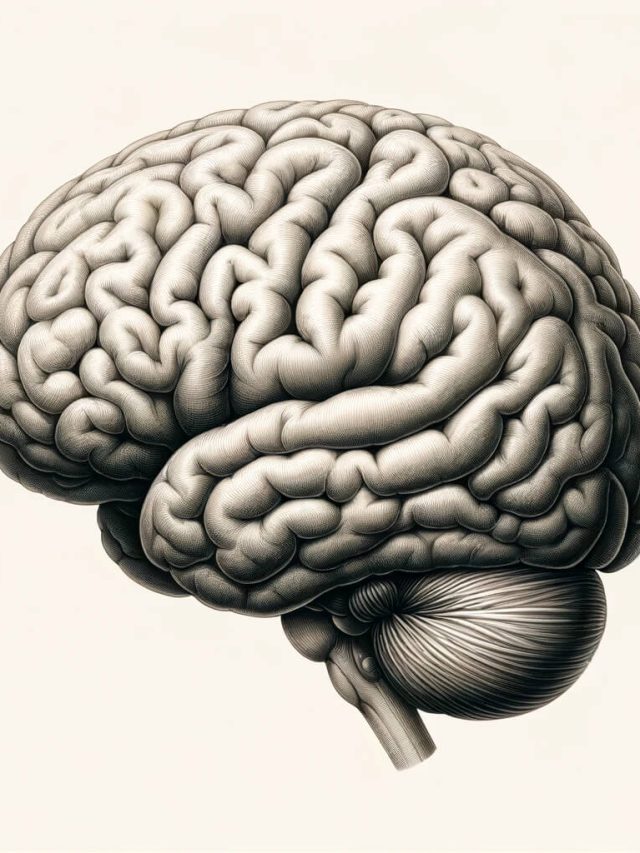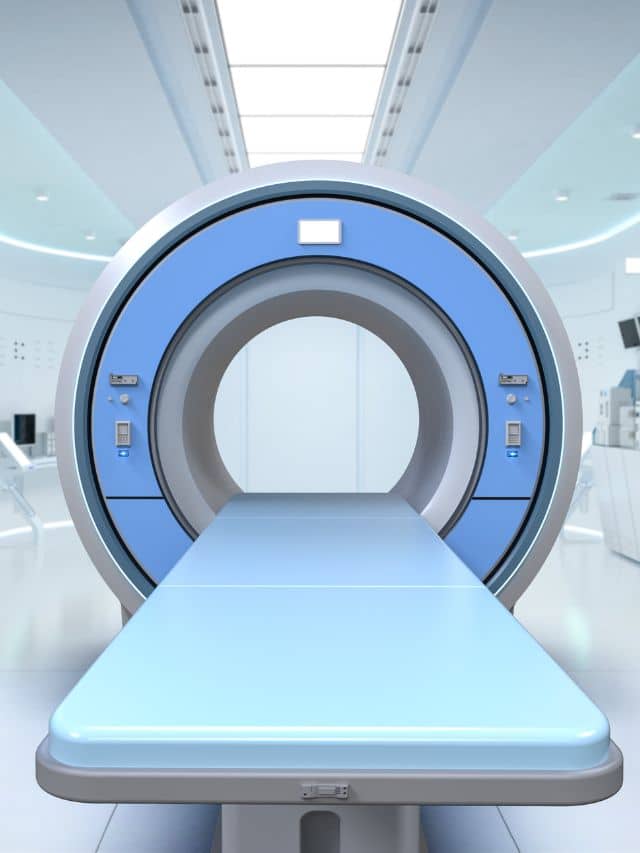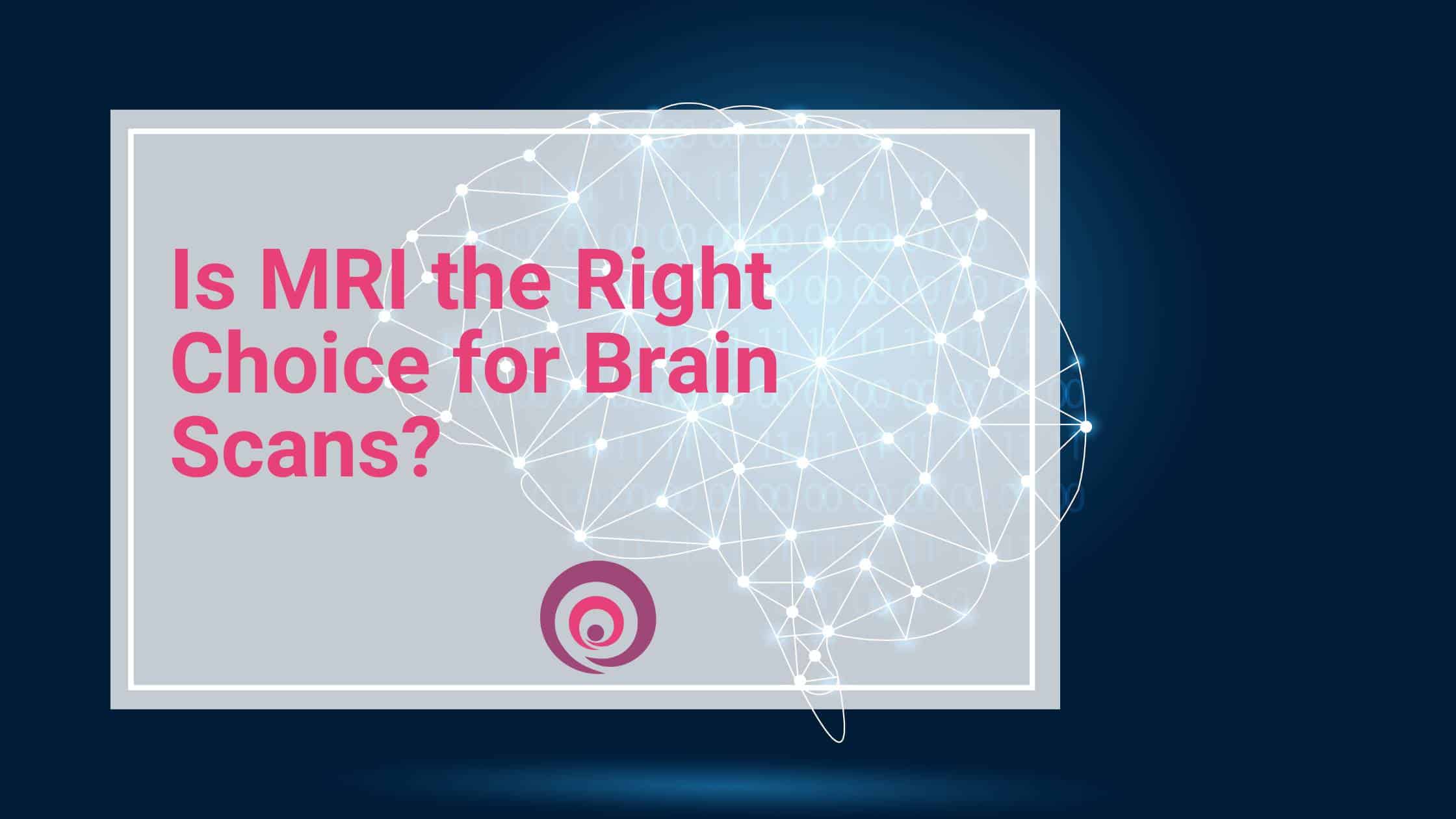Has your neurologist recommended you get a brain MRI scan?
Yes, thinking about it can be scary but it’s a safe procedure.
Nevertheless, one of the questions that often pops up is – ‘Is MRI good for the brain?’
Follow this blog to expand your knowledge about brain MRI!

Let’s begin!
Using magnets and radio waves, an MRI (magnetic resonance imaging) creates precise images of the body’s organs, muscles, soft tissues, and structures safely and painlessly.
Thankfully, an MRI uses no radiation, unlike a CAT scan.
A radiologist performs a brain MRI. A radiologist is a physician who uses imaging tests to diagnose patients and analyze the results.

The radiologist who performs your MRI scan has specialised training and certification as a radiology technologist. So, you are in good hands!
There is no need to worry as you will be in secure hands!
What Do You Mean By A Brain MRI, And How Does It Work?
Brain magnetic resonance imaging, or brain MRI, is a non-invasive medical treatment. It generates HD images of the internal components of the head, primarily the brain.
MRI creates these finely detailed images using radio waves, a computer, and a big magnet.
Remember that MRI does not entail radiation.
Compared to other imaging methods like CT (computed tomography) scans or X-rays, an MRI is currently one of the most prominent imaging tests of your head, especially your brain.
The machine creates a transient magnetic field inside your body. In this case, it is your brain. The machine runs an electric current via coiled wires during the MRI scan.
The device then transmits and receives radio waves via a transmitter and receiver. These signals are then used by the computer to create digital representations of the internal head structures, including the brain.
These HD images help your doctor determine the nature and cause of your disease.
Why Do You Need A Brain MRI?
A brain MRI can assist physicians in searching for disorders like haemorrhage, oedema, abnormalities in brain development, tumours, infections, inflammation, damage from an injury or stroke, or issues with blood vessels.
Doctors might also use an MRI to find the source of headaches or seizures. It may indicate whether a shunt is there.
An MRI can also detect pituitary and brain stem ailments. The scan is useful for providing clear images of areas of the brain that are not as visible with CAT scans, X-rays, or ultrasounds.
Neurologists and other doctors order brain MRIs for many purposes. It entails monitoring pre-existing disorders or helping diagnose new neurological conditions based on your symptoms.
A brain MRI can be used to observe or diagnose multiple diseases, including:
- A cerebral haemorrhage.
- A cerebral aneurysm.
- A brain bleed.
- Infections of the brain (encephalitis).
- A brain injury brought on by epilepsy.
- Brain cysts and tumours.
- Some long-term neurological diseases, like multiple sclerosis (MS).
- Dementia.
- Hydrocephalus.
- Problems with the pituitary gland, like a pituitary adenoma.
- A stroke.
- Abnormalities of cortical development and problems relating to brain growth or structure, such as Chiari malformation.
- Brain injury caused by trauma (TBI).
You can ask your doctor about the illness that fits your symptoms.
The medical professional will answer all your questions!
What Is A Brain MRI With Contrast Material?
Doctors use contrast agent injections in certain brain MRI examinations. The rare earth metal gadolinium is frequently used as a contrast agent.
When this material is in your body, it changes the surrounding water molecules’ magnetic characteristics. This improves the quality of the pictures. As a result, it enhances the diagnostic pictures’ sensitivity and specificity.
A contrast material makes the following more visible in the scan:
- Growths.
- Inflammation.
- The blood supply to specific organs.
- Bloodstreams.
- Infection, dementia, stroke, and multiple sclerosis can all be diagnosed with the use of contrast.
Your doctor will place an intravenous catheter (IV line) into a vein in your hand or arm if your brain MRI needs a contrast agent. This IV is used to inject the contrast agent.
Now, IV medications are usually safe. While side effects might range from moderate to severe, major reactions are uncommon.
If you experience discomfort, ensure to communicate with your radiologist immediately.
Is MRI Good For The Brain?
Yes, a brain MRI is usually painless and safe.
But the most important question is – Is MRI good for the brain?
Read up to know more!
There is no proof that the magnetic fields and radio waves in an MRI pose a risk to the human body. Therefore, scientists and doctors regard it as one of the safest medical procedures.
Nonetheless, there are some circumstances in which you should avoid an MRI, such as:
- Metallic Implants: People with pacemakers, prosthetic joints, or other metal implants cannot get inside an MRI because the scan can cause metal parts inside the body to move or shift.
- Being Pregnant: A physician will discuss whether pregnant patients should have an MRI. Speak with your doctor if you are pregnant.
- Renal Issues: For those with renal issues, gadolinium, a popular contrast dye used in MRIs, may be hazardous.
- Claustrophobia: Because of this issue, some patients may find the MRI difficult, but most can get through it with the radiologist’s help.
How Long Does A Brain MRI Take?
Anticipation about the duration of your MRI is a common concern.
It can take anywhere from 30 minutes to an hour to conduct a brain MRI. If you are having a brain MRI with contrast, it could take longer. In case you have claustrophobia, the radiologist might sedate you which could also take longer.
Your healthcare practitioner will provide a precise time frame for the scan. It depends on the particular purpose of your MRI.
Conclusion:
In short, healthcare professionals use brain magnetic resonance imaging (MRI) for several purposes. It is a practical and typically safe imaging examination.
Now that we have answered the query- ‘Is an MRI good for the brain?’, do not hesitate to approach your healthcare professional if you require a brain MRI scan. Ask any questions or concerns about the procedure, if any.
They are available to assist you and respond to your enquiries.
Locations Near You
- Sector 20
- Sector 32
- Sector 16
- Sector 11
- Sector 19
- Sector 82, Mohali
- Sector 74, Mohali
- Sector 63, Mohali
- Kharar
- Zirakpur
- Panchkula
For more information or to schedule a Best MRI Scan in Chandigarh, contact us at 8699572364. You can also follow us on social media to stay updated:
- Instagram: @mrichandigarh
- Facebook: MRI Chandigarh
- X (formerly Twitter): @MRIChandigarh
- LinkedIn: MRI Chandigarh

Comments